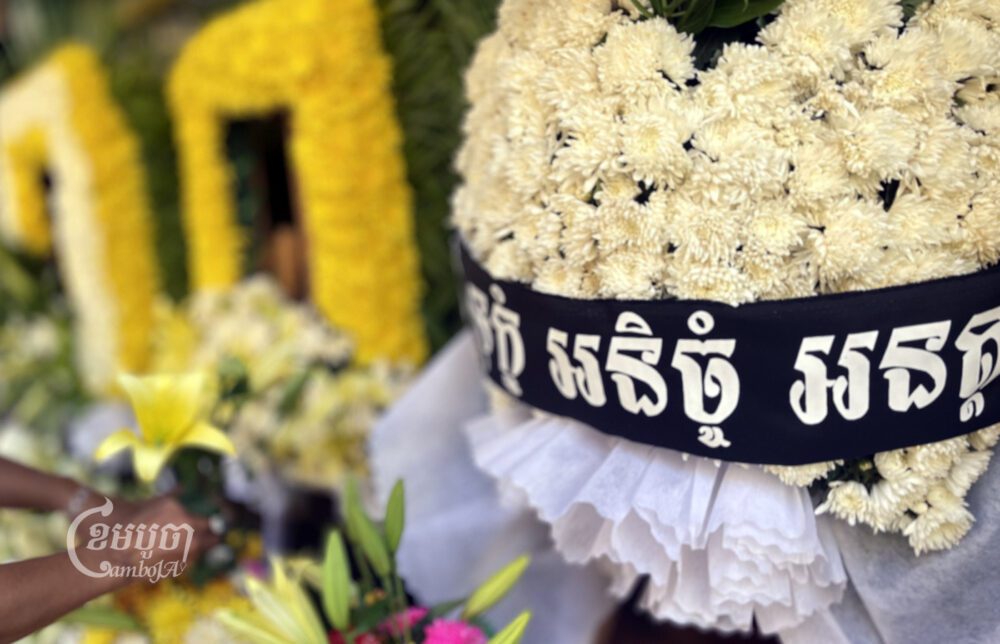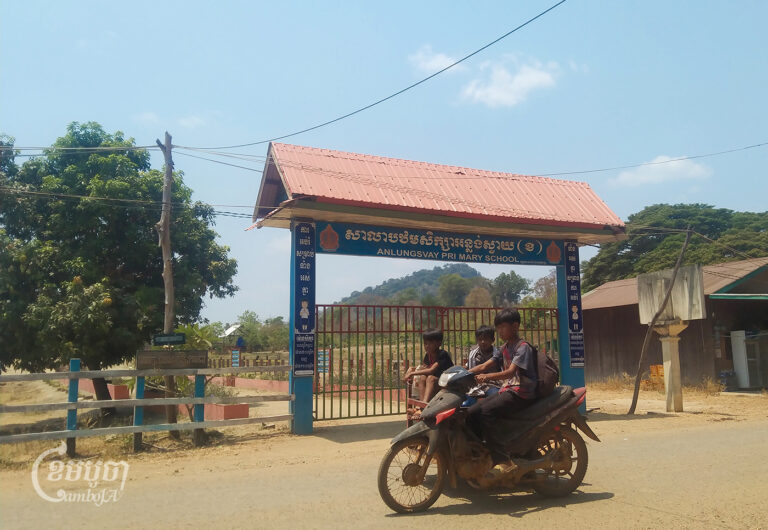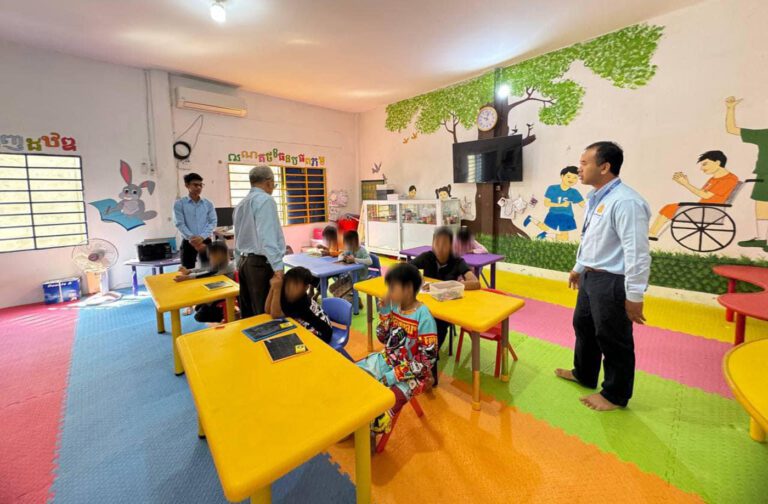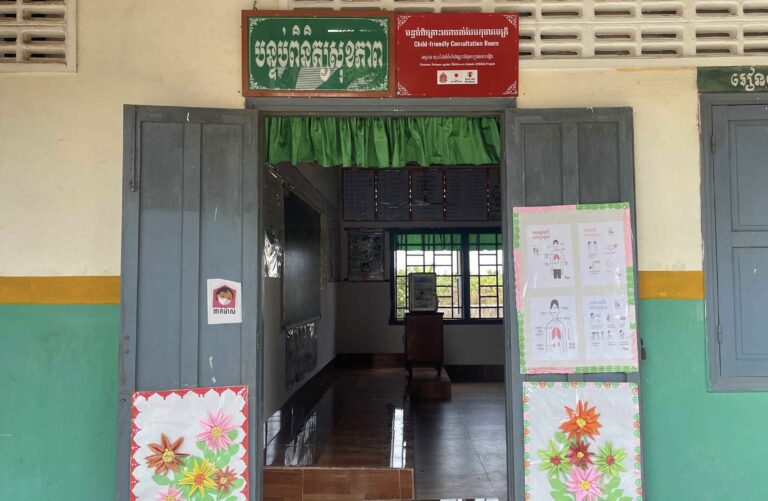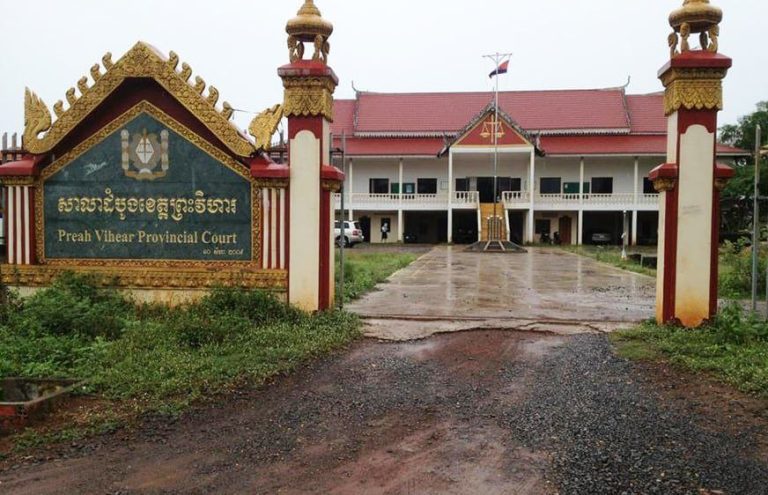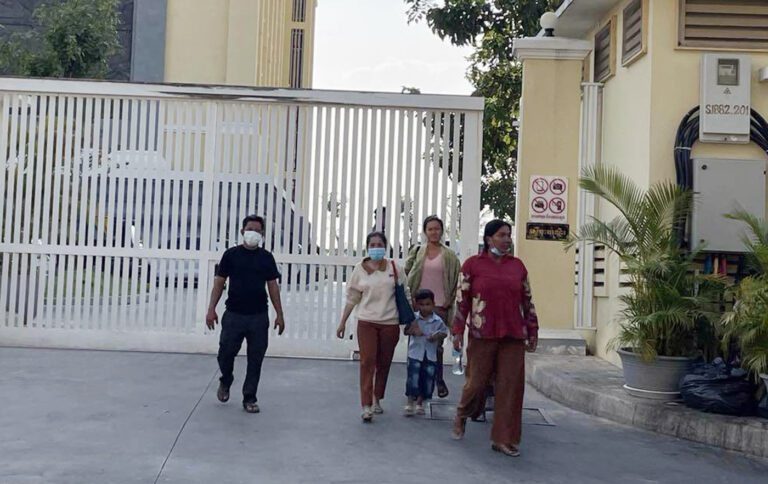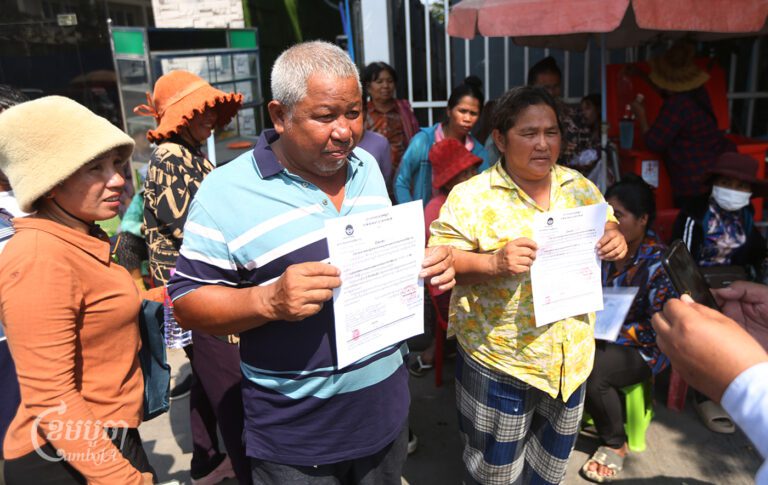A new LICADHO report detailing the murders of 26 women and five children between January 2020 and June 2022 by current or former intimate partners reveals the persistence of domestic violence and flaws in law enforcement.
Monitors recorded six women and one child killed in 2020; thirteen women and four children killed in 2021; and seven women killed in the first half of 2022. Twenty-six cases involved the killing of women by intimate partners, including by their husbands (16 cases), partners (5 cases), former husbands (2 cases), or former partners (3 cases). The report, “No Way to Safety: Failing to Prevent Intimate Partner Killings in Cambodia,” stresses that these figures are far from comprehensive with LICADHO finding the cases through relatives, social media, news reports, and police referrals, among others, and notes that there is a paucity of official stats on domestic violence.
The report revealed that just 17 of the 26 cases, or 65%,had reached a conviction as of January 2023, with other suspects remaining free, in pre-trial detention, or deceased.
In the report the mother of a woman who was killed by her former husband said: “There was no intervention. They [authorities] did not come.” She continued, “My daughter is dead and the perpetrator is still free.”
Am Sam Ath, operations director for Licadho, said that few domestic violence cases end up under police investigation and are more frequently mediated by local authorities. The approach is aimed at keeping families together, but Sam Ath said it has been overused and abused in such a way that it’s failed to prevent violence. He noted that perpetrators often believe that it is not a violation of the law to use violence against their partners.
“Domestic violence may worsen and, in some cases, even result in murder if it is not solved legally,” he said.
The report investigates the structural flaws that led to the murders. Even while it does not accurately reflect the overall occurrence of domestic violence in Cambodia, its results show that gender norms not only supported and encouraged this violence but also contributed to a lack of intervention from institutions.
Civil society has frequently and widely discussed the flaws of the 2005 Law on Prevention of Domestic Violence and Protection of Victims (DV Law). Since the law’s passage some 20 years ago, no significant attempt has been taken to address concerns.
There are still many discrepancies and gaps in the DV Law, and poor divorce procedures keep women in abusive situations.
Sam Ath said that they have seen both a lack of enforcement of the existing law and too much priority placed on mediation. Even when victims file lawsuits over conflicts, beatings, and injuries, the police often deem them minor offenses and refer the families to mediation — circumventing the wishes of the victims.
He said this approach stems from the pervasive belief that domestic violence is an individual matter rather than a social issue.
“If there is more mediation on criminal offenses resulting from violence, that’s inciting more violence,” he said, adding that, the most affected are women and children, which will have a greater impact on the family, society, and human resources.
“Protections and services empower women to safely leave abusive relationships,” Pilorge Naly, LICADHO’s outreach director, said in the report. “It is essential that these are available and women are informed of the legal rights and options they are entitled to during these crucial moments.”
Kry Sui Heang, executive director of Women Peace Makers, echoed LICADHO’s call for better enforcement and a focus on finding justice for those who have suffered intimate partner violence.
“We have a law, but how do we strengthen it? And how do we enforce that law? And how does the legal system work?,” she said..
Interior Ministry spokesperson Khieu Sopheak told CamboJA that the government has been working to curb domestic violence through the DV Law, but said that in the case of murders that haven’t led to conviction it’s only because the perpetrator remains at large.
“I do not think it’s a failure [to enforce the law],” he said. “In any case where the perpetrator has not been located, the case is not closed.”
However, he said the report appeared to be biased and did not reflect the government’s efforts.
“When LICADHO criticizes, we are happy because we have worked hard and our efforts can be rewarded,” he added.
Ministry of Women’s Affairs spokeswoman Mann Chenda declined to comment.


